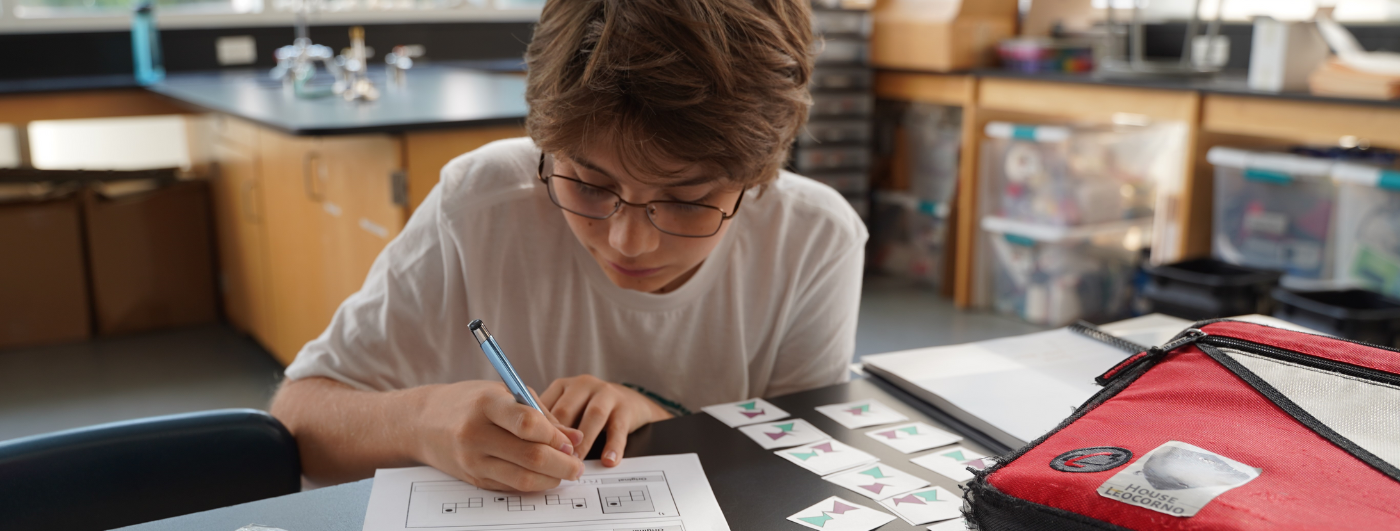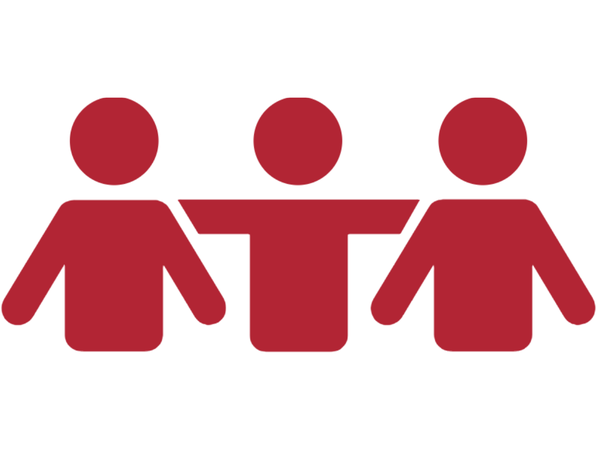Empowering students with language-based learning differences

Siena Blog



The Siena School Blog
Discover, Learn, Celebrate, and Empower
Welcome to Siena's blog, your source for helpful, cutting-edge resources tailored to teachers, parents, and other advocates in the learning differences community. We are dedicated to providing a wealth of curated knowledge spanning various topics, ranging from dyslexia advocacy and awareness to classroom teaching strategies, heritage month profiles, and social and emotional health.
Discover innovative classroom strategies that inspire creativity and foster a love of learning.
Our commitment to social-emotional wellness ensures that we provide valuable insights into healthy student development and self-advocacy.
Discover resources, reading and podcast recommendations, volunteering opportunities, and more for parents in the LD community.
Our important heritage month posts highlight key people, offer reading and podcast recommendations, and more.
Support and Self-Care Over the Holidays

Avg. read time: 3 min.
As we approach the holiday season, you may be feeling lots of emotions—excitement, gratitude, relief, anxiety, frazzle, overwhelm…sometimes all of these at once.
Rest assured: this is very normal.
I want to take this opportunity to share some tips and reminders for supporting both your families and yourselves—all year round but especially during the holiday season. Ultimately, I hope that you enjoy your time with those you care about, and I also encourage you to take time for yourself.
Parents Supporting Themselves
Holidays can be especially overstimulating for everyone; the impact on our neurodiverse population is more severe. This can require additional emotional support for families during what is also a fun and family-centric time.
During such an engaging and active time of year, remember that boundaries, self-care, and overall mindfulness are very important. Siena’s counseling office often shares holiday mental health tips with families, including:
- Schedule downtime: Holidays can very easily end up overscheduled with no time to relax, so reserve a few nights for your family (or just yourself!) to do whatever self-care works best.
- Eat, sleep, and hydrate: During the holidays, our routines are interrupted, and basic needs sometimes aren’t met. Help your family—and yourself—by prioritizing physical self-care.
- Get outside: Spending time outdoors can have major mental health benefits, such as lower stress, better mood, and increased empathy and cooperation. Make time to take daily walks.
- Acknowledge loss: For many people, the “happy holidays” come along with feelings of grief and anger. Maybe it’s the first holiday after a loved one’s passing, or there are traditions that highlight strained family relationships. Remind your children that their feelings are normal.
- Set everyone up for success: Plan ahead for (or avoid) situations that typically don’t go well for your family. Don’t be afraid to remove yourself or your kids when boundaries aren’t respected. Children especially may need your support to know it’s okay to leave a tense situation.
Parents needing extra support can see these Child Mind Resources with a laundry list of articles to refer to, including ones about traveling with children and taking the stress out of holiday gatherings.
Overall, the holidays are a great opportunity to gather with loved ones and engage in community traditions, which can also highlight neurodiverse students’ strengths, creativity, and energy.
Parents Supporting Neurodiverse Children
The needs of neurodiverse students was the central focus of Siena Forest Glen’s annual elementary and middle school performance. This fall the students performed an original adaptation of Fifty-Four Things Wrong with Gwendolyn Rogers, based on the novel by Caela Carter. Fifty-Four Things follows a girl who reads her confidential IEP report listing the emotional and personality traits that define who she is, including Lazy, Picky Eater, Talks Too Much, and many other things supposedly “wrong” with Gwendolyn.
By the end of Fifty-Four Things, though, everyone realizes Gwendolyn’s many strengths and energetic curiosity about the world around her. The story's major theme is how teachers and parents can meet neurodiverse children where they are and work with their differences and their diverse strengths. This resonated strongly with students, staff, and parents in the Siena community and matches how we support our students and embrace their strong qualities.
With ADHD diagnoses for children ages 3-17 rising, it’s especially urgent for parents and teachers to have shared knowledge about how to understand neurodiverse students like Gwendolyn. Among other available resources, these books are helpful guides in understanding neurodiversity and learning differences:
- Conquer Negative Thinking for Teens — Dr. Mary Karapetian and Alvord Anne McGrath
- Detox Your Thoughts — Andrea Bonior, PhD
- Freeing Your Child from Negative Thinking — Tamar Chansky, PhD
- How to Get Unstuck from the Negative Muck — Lake Sullivan, PhD
- Raising a Kid Who Can — Catherine McCarthy, Heather Tedesco, and Jennifer Weaver
- The Dyslexic Advantage — Drs. Brock and Fernette Eide
See also How Schools Can Support Neurodiverse Students from the Child Mind Institute.
The CDC regularly updates data and statistics on ADHD that affect students at home and in school. In the DC area, for example, The Chesapeake Center and Kingsbury Wellness offer testing and therapeutic services for families.
Additional Self-Care Resources
For additional information to navigate students’ social–emotional health, see posts about learning differences and confidence, online and offline boundaries for teens, and social media in our Social and Emotional Health section.
The Siena School, a national leader in dyslexia education, serves bright, college-bound students with language-based learning differences on DC Metro area campuses in Silver Spring, MD (grades 3-4 and 5-12) and Oakton, VA (grades 3-12).
